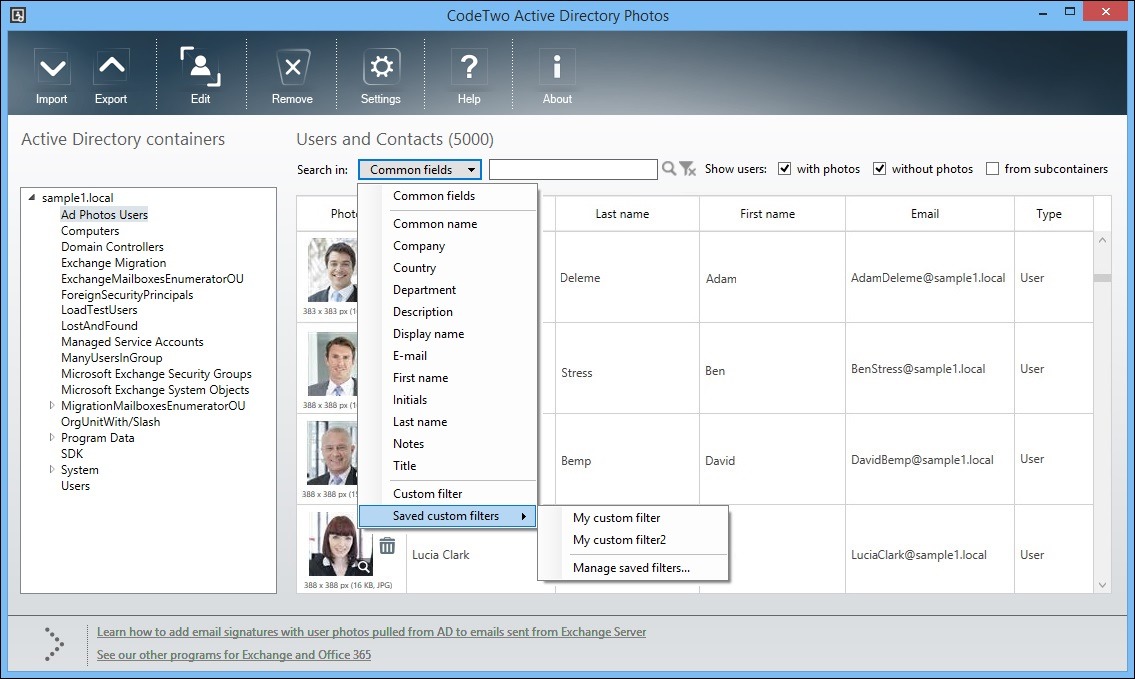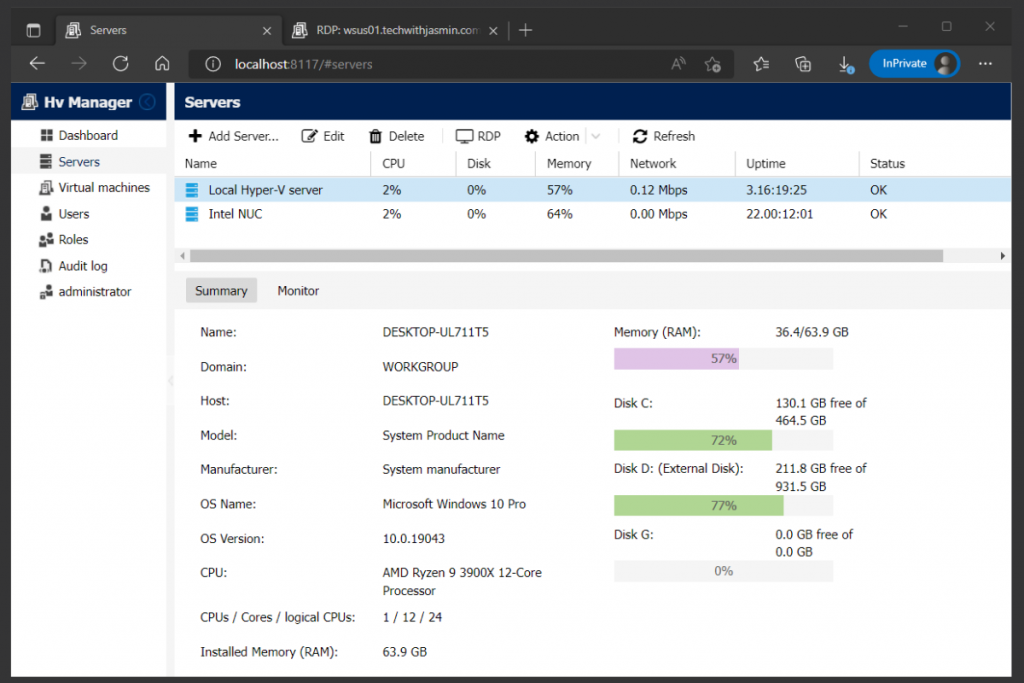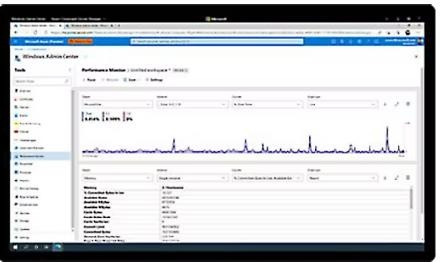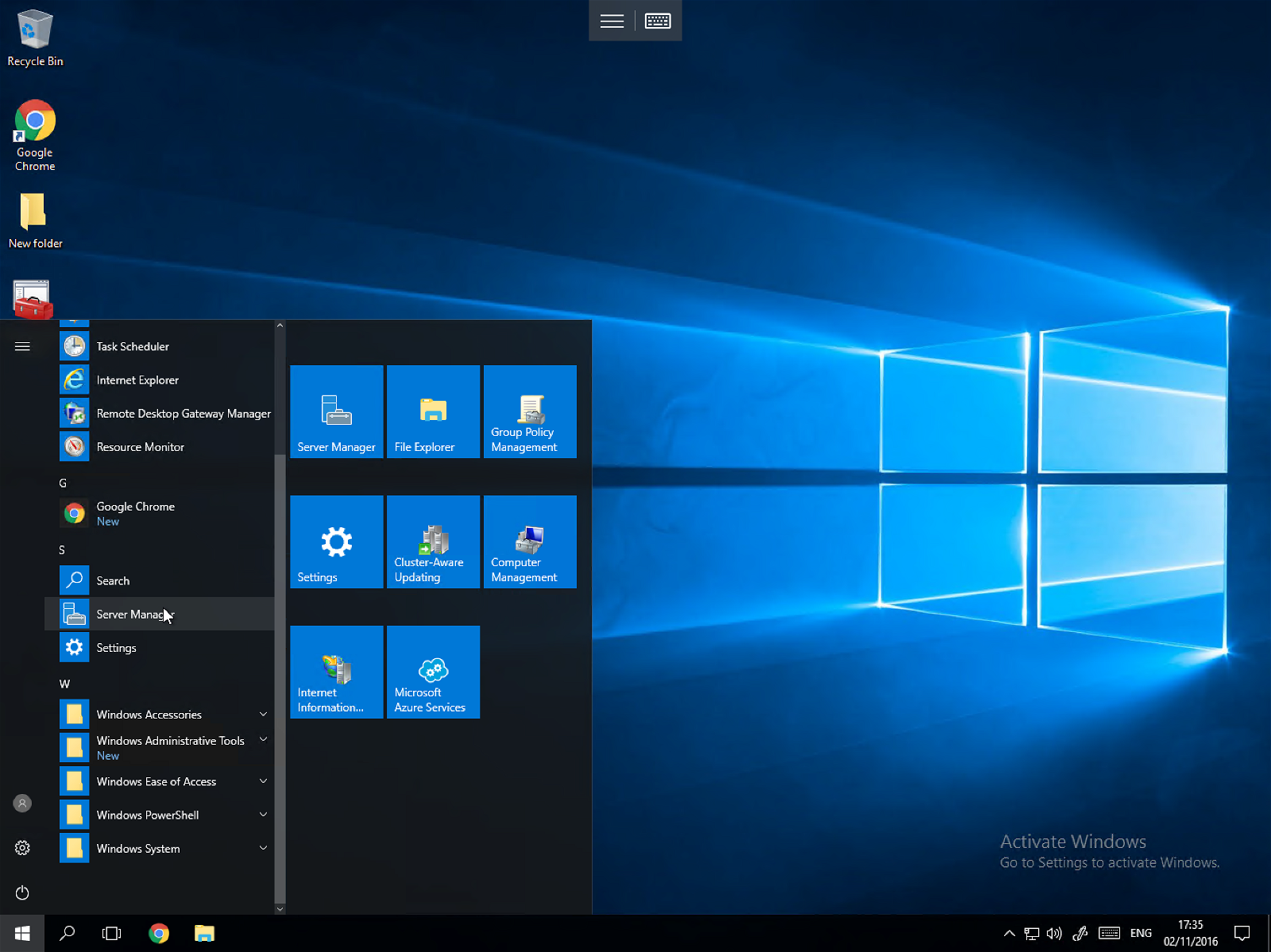The Comprehensive Windows Server Guide
Windows Server is the backbone of countless businesses worldwide, providing a robust and scalable platform for a wide range of applications and services. Whether you’re a small business owner or an IT professional, this comprehensive guide will delve into the intricacies of Windows Server, empowering you to harness its full potential.
Why Windows Server Matters
- Centralized Management: Efficiently manage users, devices, and resources across your network.
- Enhanced Security: Protect your sensitive data with advanced security features and protocols.
- High Availability: Ensure business continuity with robust failover and redundancy mechanisms.
- Scalability: Easily scale your infrastructure to accommodate growth and changing needs.
- Flexibility: Choose from various deployment options, including on-premises, cloud, and hybrid environments.
Key Features of Windows Server
- Active Directory: Centralized user and computer management, authentication, and authorization.

- File and Storage Services: Securely store, share, and manage files and data.
- Hyper-V: Create and manage virtual machines for efficient resource utilization.

- Web Server (IIS): Host websites, web applications, and web services.
- Remote Desktop Services: Enable remote access to desktops and applications.
- Windows Server Containers: Package and deploy applications in lightweight, isolated environments.
Choosing the Right Windows Server Edition
Microsoft offers various Windows Server editions tailored to different needs and budgets:
- Essentials: Ideal for small businesses with up to 25 users and 50 devices.
- Standard: Suitable for most businesses, offering core functionalities and scalability.
- Datacenter: Designed for highly virtualized environments and demanding workloads.
Deploying Windows Server
You can deploy Windows Server in several ways:
- On-Premises: Install Windows Server on physical servers in your data center.
- Cloud: Utilize cloud platforms like Microsoft Azure to host your Windows Server instances.
- Hybrid: Combine on-premises and cloud deployments for flexibility and scalability.
Managing Windows Server
Efficient management is crucial for optimal performance and security:
- Server Manager: Centralized console for managing roles, features, and configurations.
- Windows Admin Center: Modern browser-based interface for managing Windows Server and other Microsoft products.

- PowerShell: Powerful scripting language for automating tasks and managing Windows Server remotely.
Best Practices for Windows Server
- Regular Updates: Keep your Windows Server environment up-to-date with the latest security patches and updates.
- Backup and Recovery: Implement a robust backup and recovery strategy to protect your data.
- Monitoring and Logging: Monitor server performance and log events for troubleshooting and security analysis.
- Security Hardening: Follow security best practices to minimize vulnerabilities and protect against threats.
Windows Server Resources
- Microsoft Docs: Official documentation, tutorials, and guides for Windows Server.
- TechNet Forums: Community forums for discussing Windows Server topics and seeking help.
- Microsoft Learning: Training courses and certifications for Windows Server.
Conclusion
Windows Server is a versatile and powerful platform that can empower your business infrastructure. By understanding its features, choosing the right edition, and following best practices, you can unlock its full potential and achieve your organizational goals.


